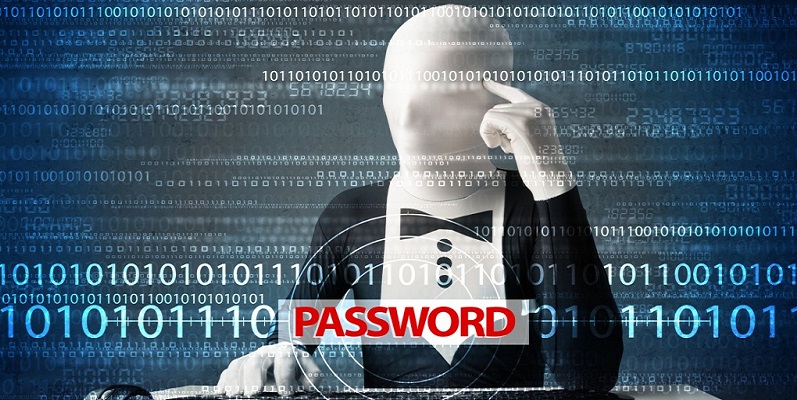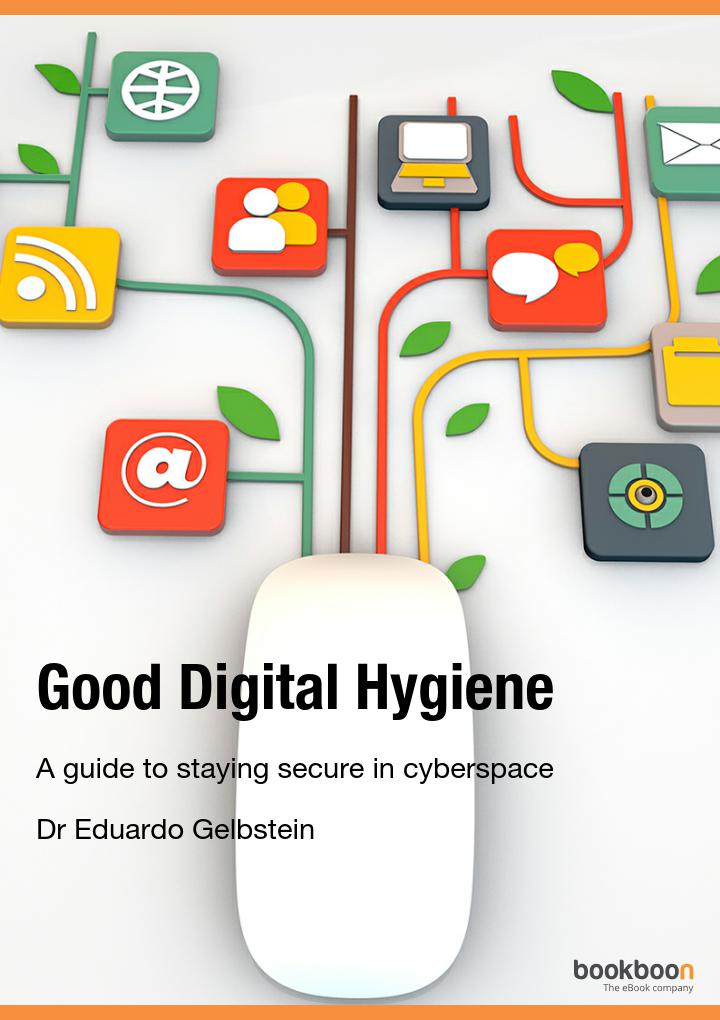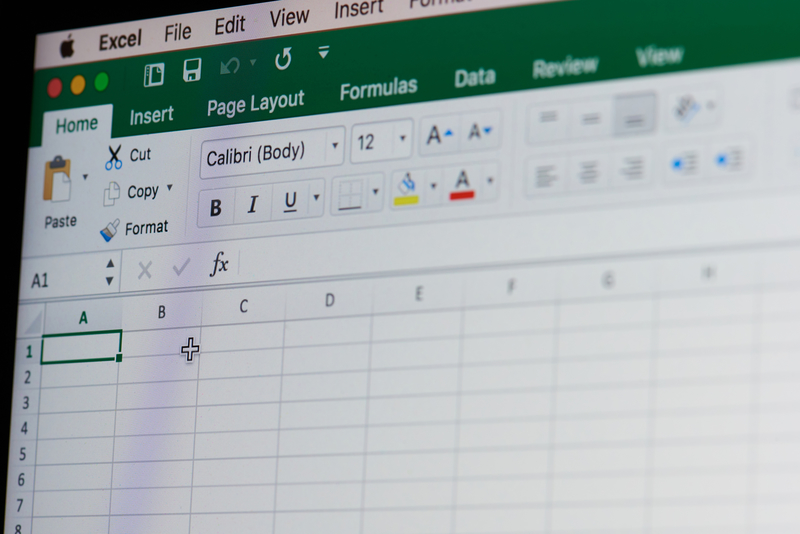13 tips to keep your computer safe from intruders

The internet has certainly made our lives easier and more comfortable. Just think of web services, such as online takeaway ordering or online grocery purchases which can be carried out with one click and delivered to your doorstep. On the other hand most of us know how annoying it is when your device catches a virus and stops working, resulting in a loss of your data.
Data can also go missing through actual offline theft, how many of us have had their smartphone or laptop stolen in recent years? And even if we manage to keep our electronic devices safe they might still be vulnerable to hacking attacks or malware.
Bookboon author Dr Eduardo Gelbstein, Senior Fellow of the Diplo Foundation and faculty member at Webster University, Geneva, Switzerland, has gathered the following 13 precaution measures to keep your computer save from malicious software in his ebook “Good Digital Hygiene”. Some of those guidelines might sound like common sense but let’s be honest, when was the last time you make a backup of your hard drive? Following these easy guidelines for digital hygiene will help to keep your device clean from malware and viruses and protect your data from being lost.
Follow these easy guidelines to protect your data:
- Make sure your devices software, including good quality security software is up to date
- Use a security-conscious Internet service provider (ISP) – “free” WiFi may not be secure
- Ensure that the websites you visit are legitimate and trustworthy before you go there – some sites are designed to infect your computer with malware
- Exercise caution when downloading files form the Internet
- Think carefully before installing any new software, particularly those that are “free”. If you can, remove software pre-installed in your devices that you do not need or want
- Scan memory devices (such as USB devices) that were given to you as a gift or were found
- Be suspicious of random pop-up windows and error messages
- Beware of attachments you don’t expect
- Ignore any spam that may get through your filters
- Use security precautions software for your smartphone, tablet and other devices
- Systematically back up your files
- Ensure that your anti-virus software checks the files as they download quarantines them if necessary
- Behave online as you would in real life: If in doubt, don’t do it
Ways to protect passwords
If you are saving confidential data such as passwords on your laptop, PC or smartphone, you might consider using a vault, also known as password manager. There is a wide range of password managers available online from free software to programmes available for a small fee or subscription. It can be used to save document numbers, credit card information, information from memberships, as well as logins and passwords. The information stored in the password manager is encrypted and to access it you will require a password. (Be sure to use a good one!)
Now you know how to keep your devices safe from malware and how to store your passwords. Another good way to protect your computer or phone are firewalls and anti-virus software. These programmes will make sure that your device will identify potential attacks through hackers or malware and quarantine malicious software and computer viruses.




